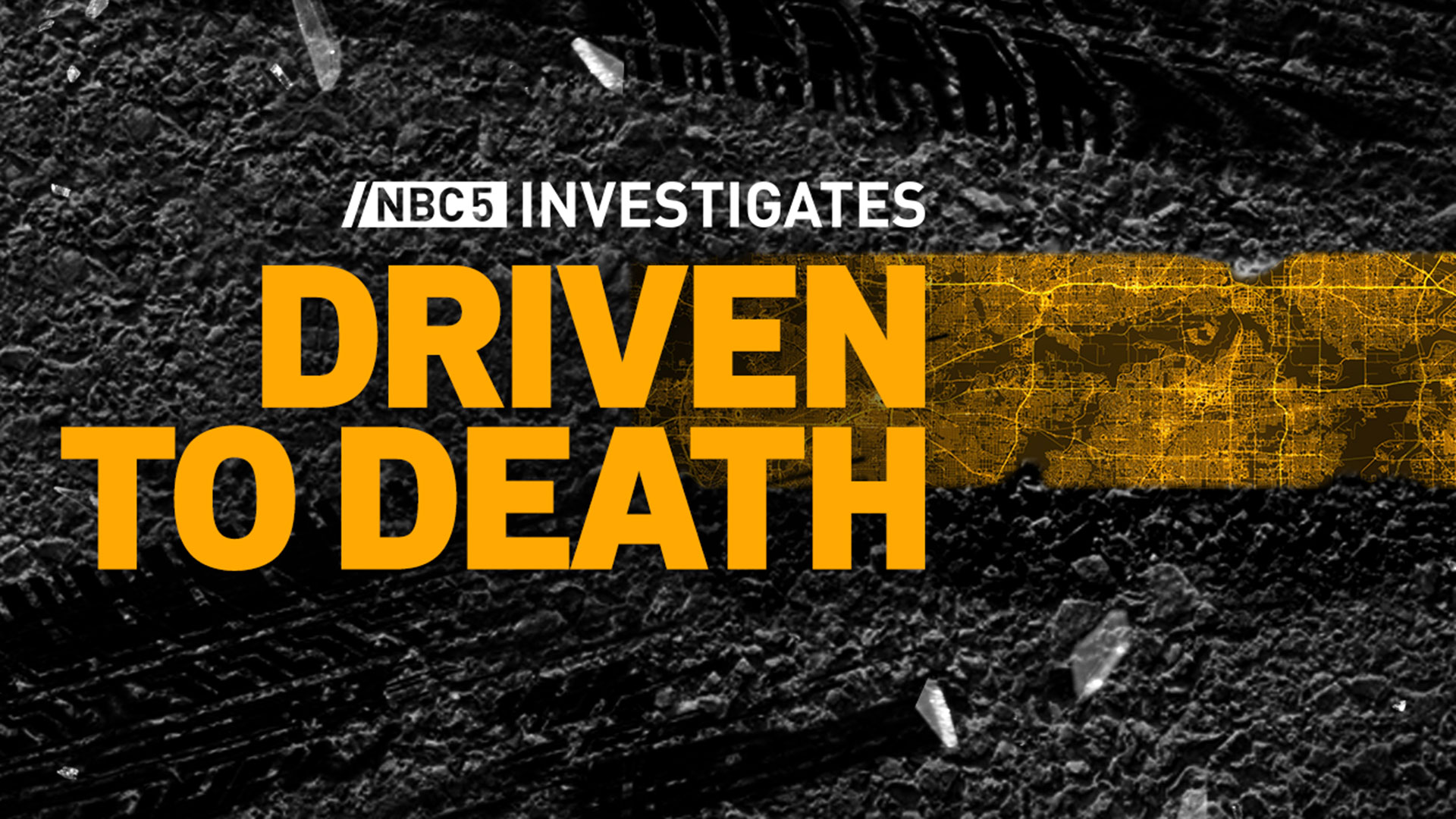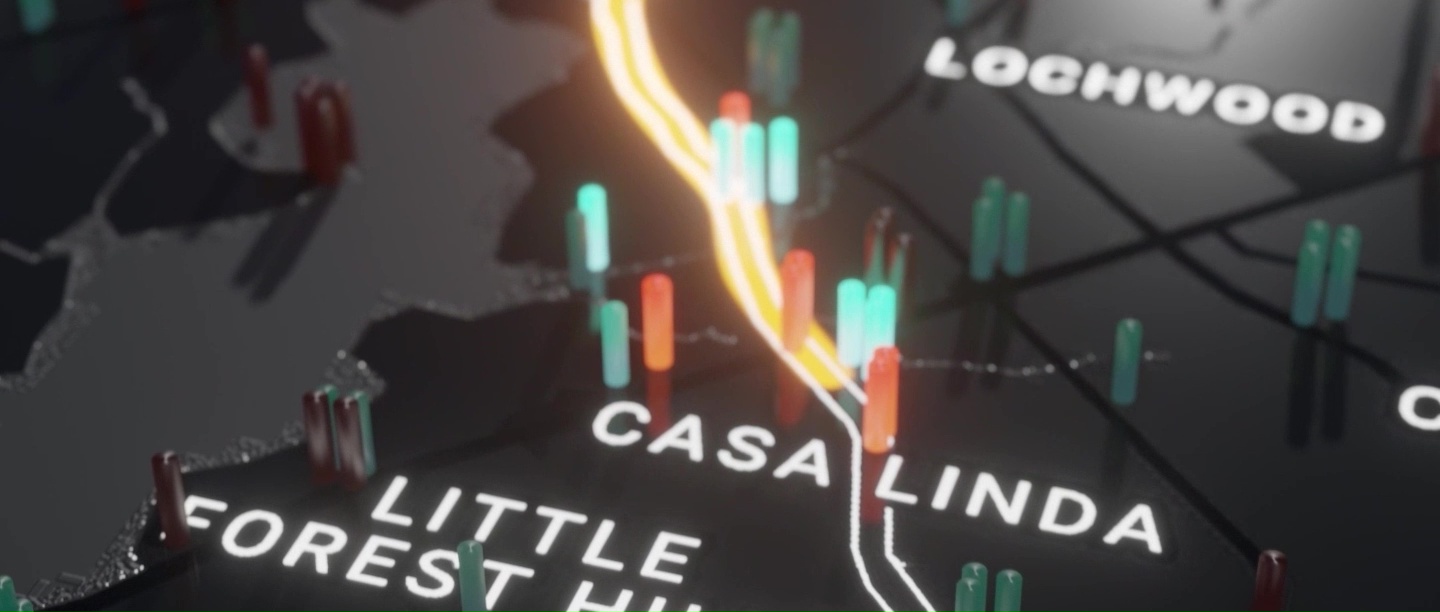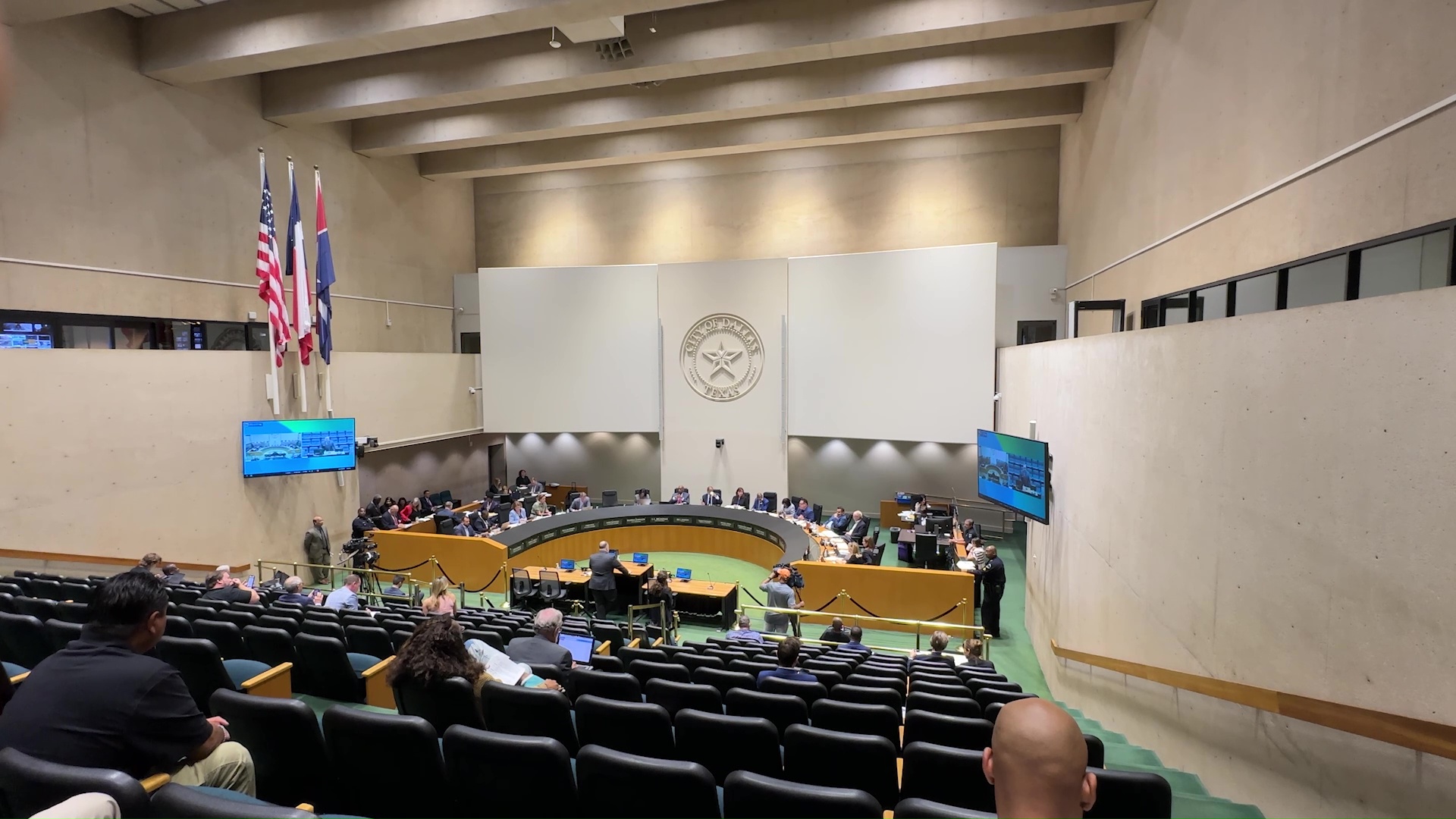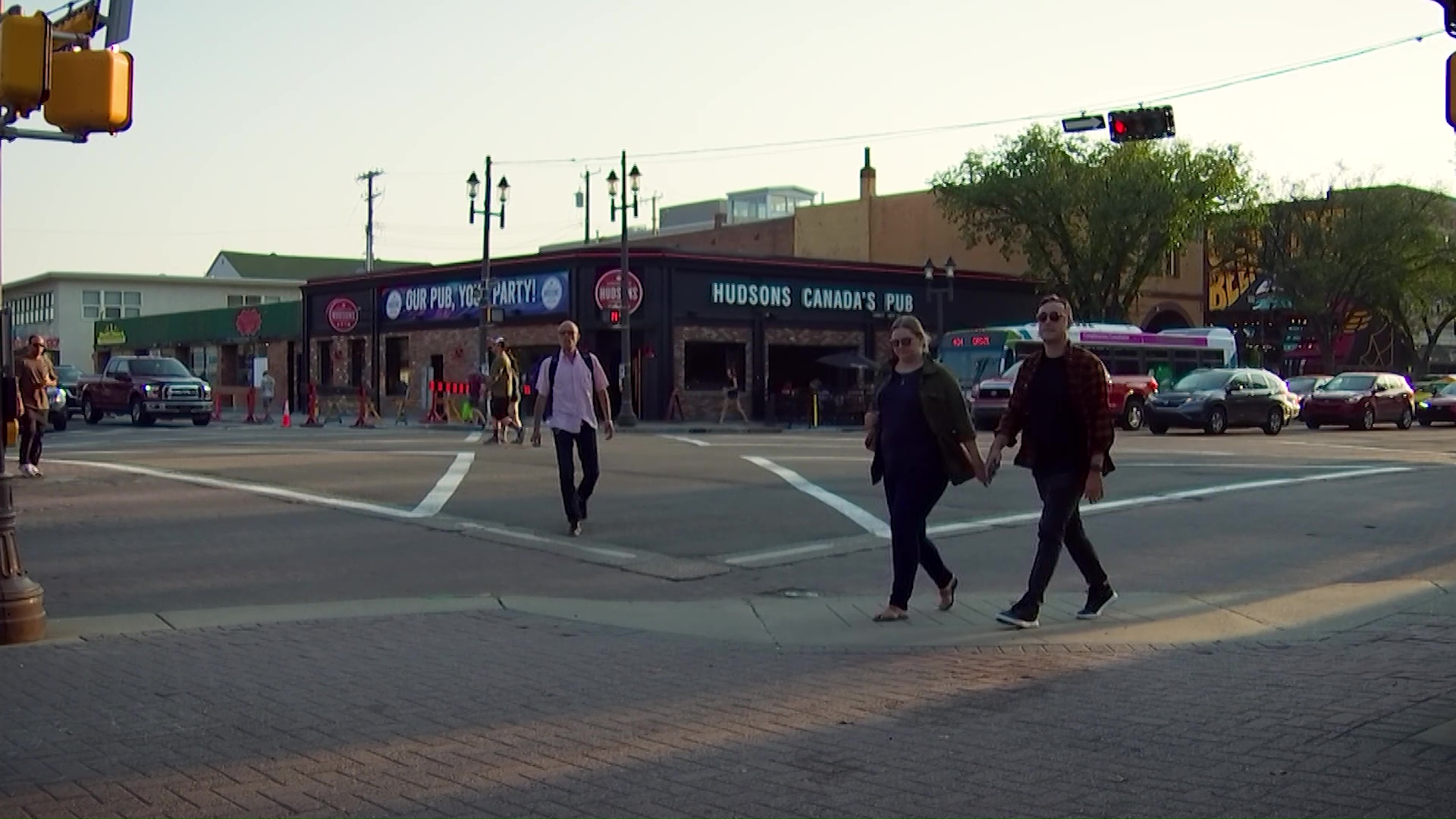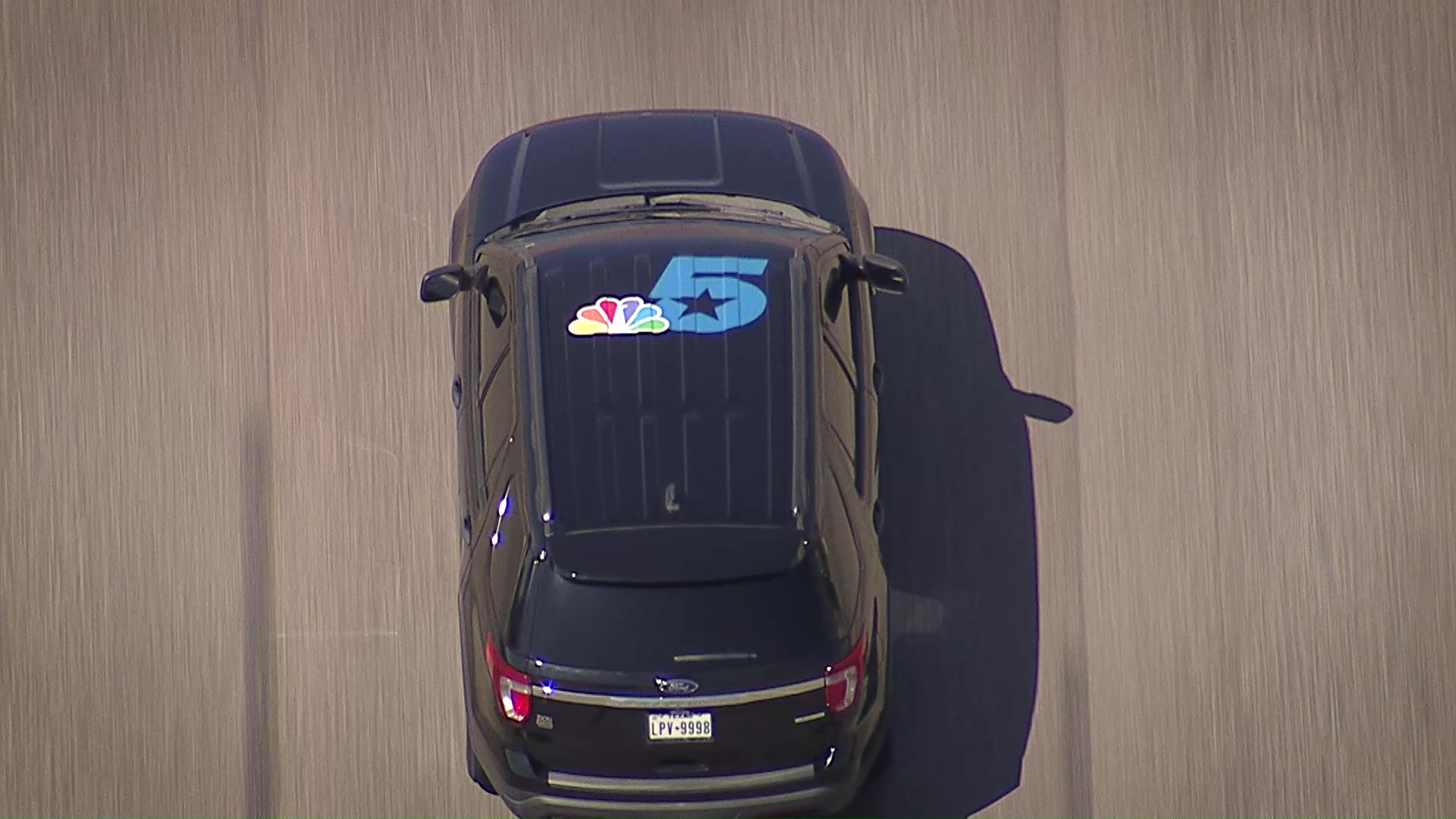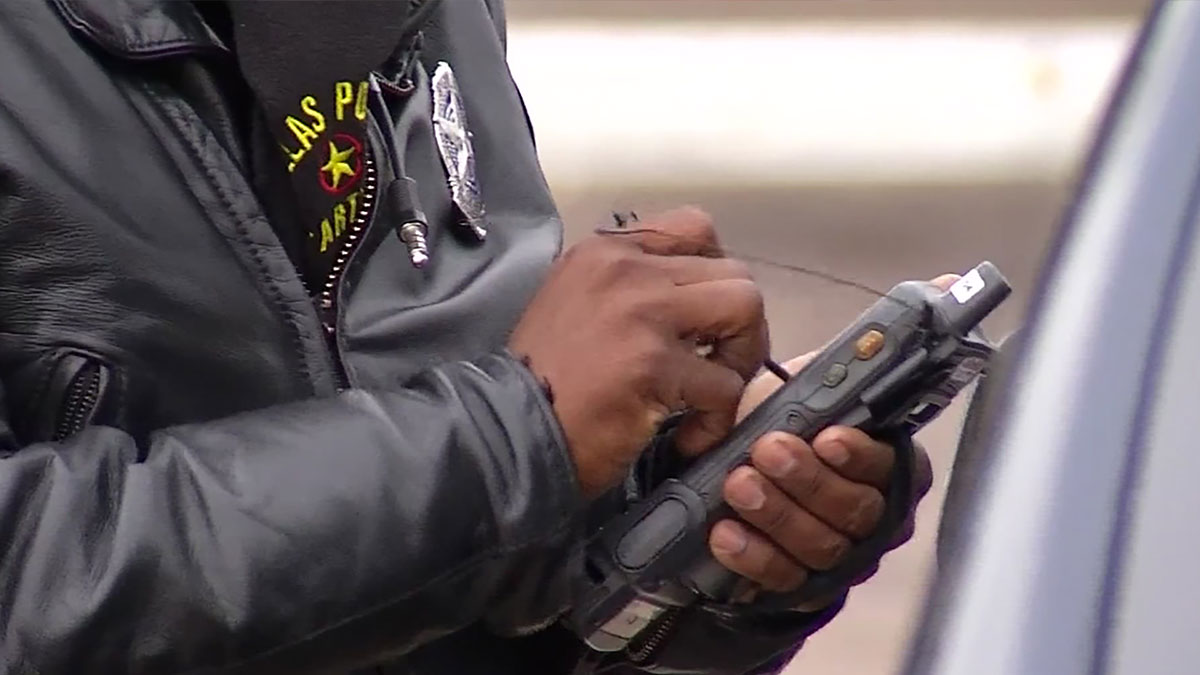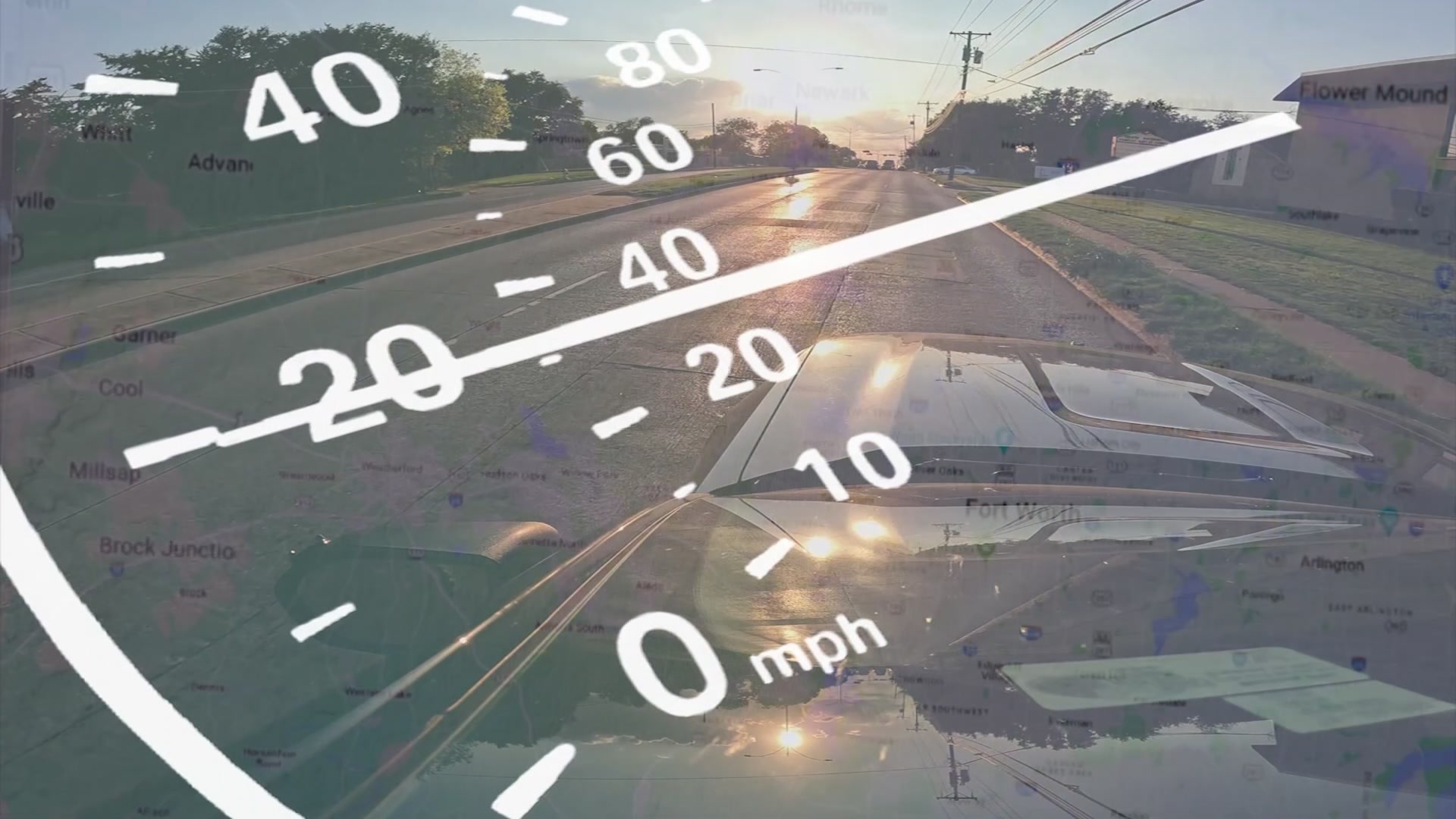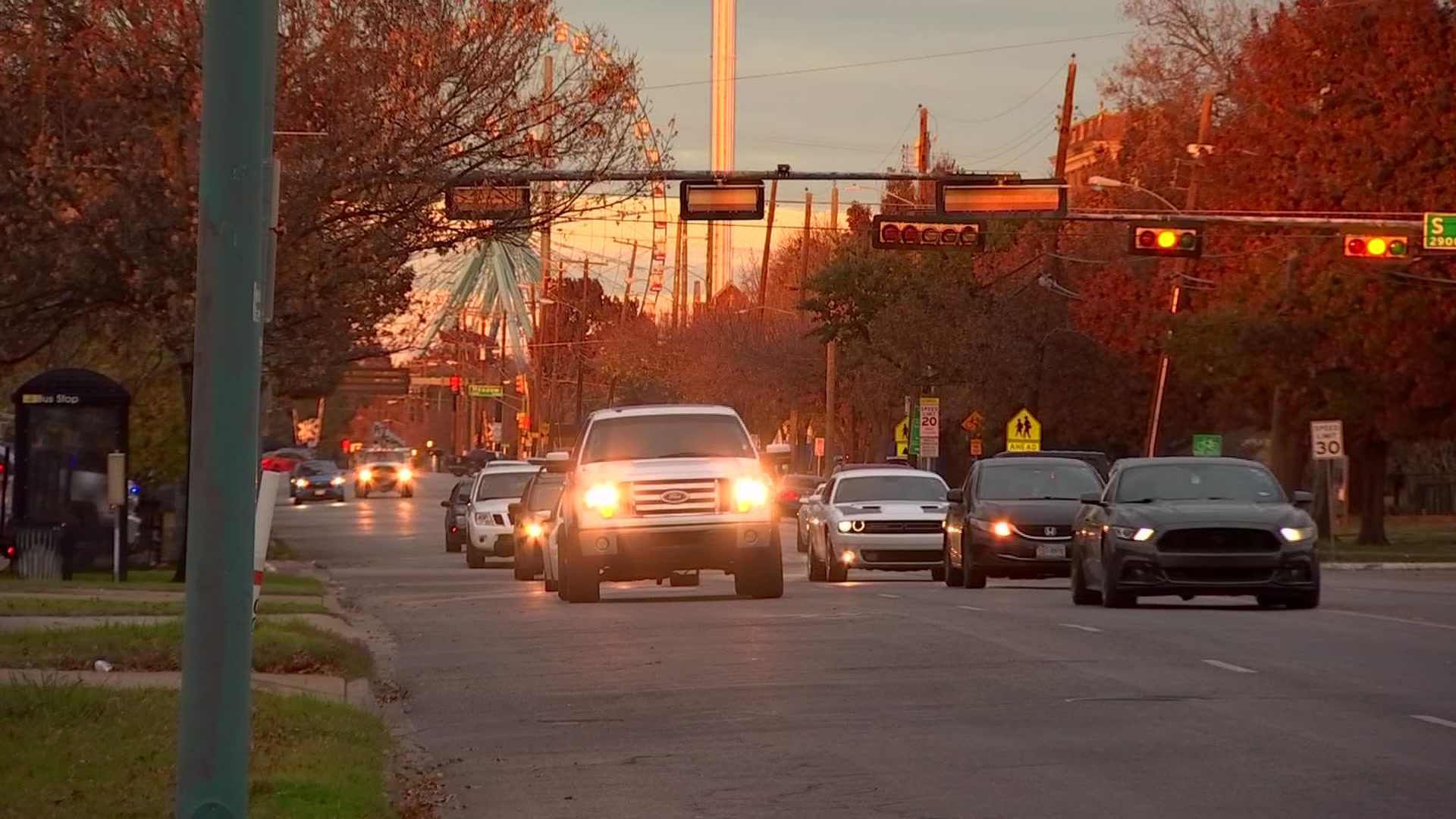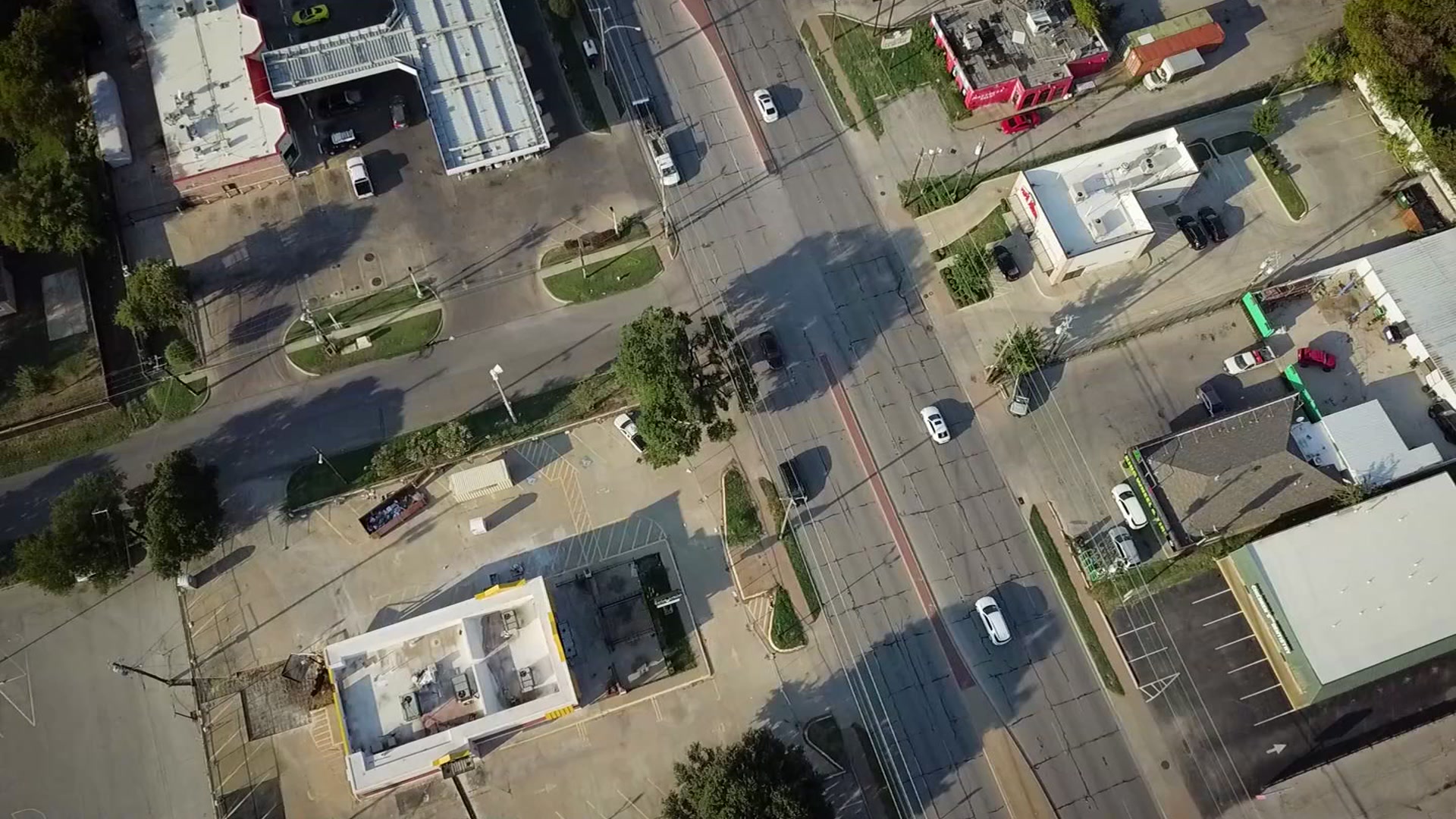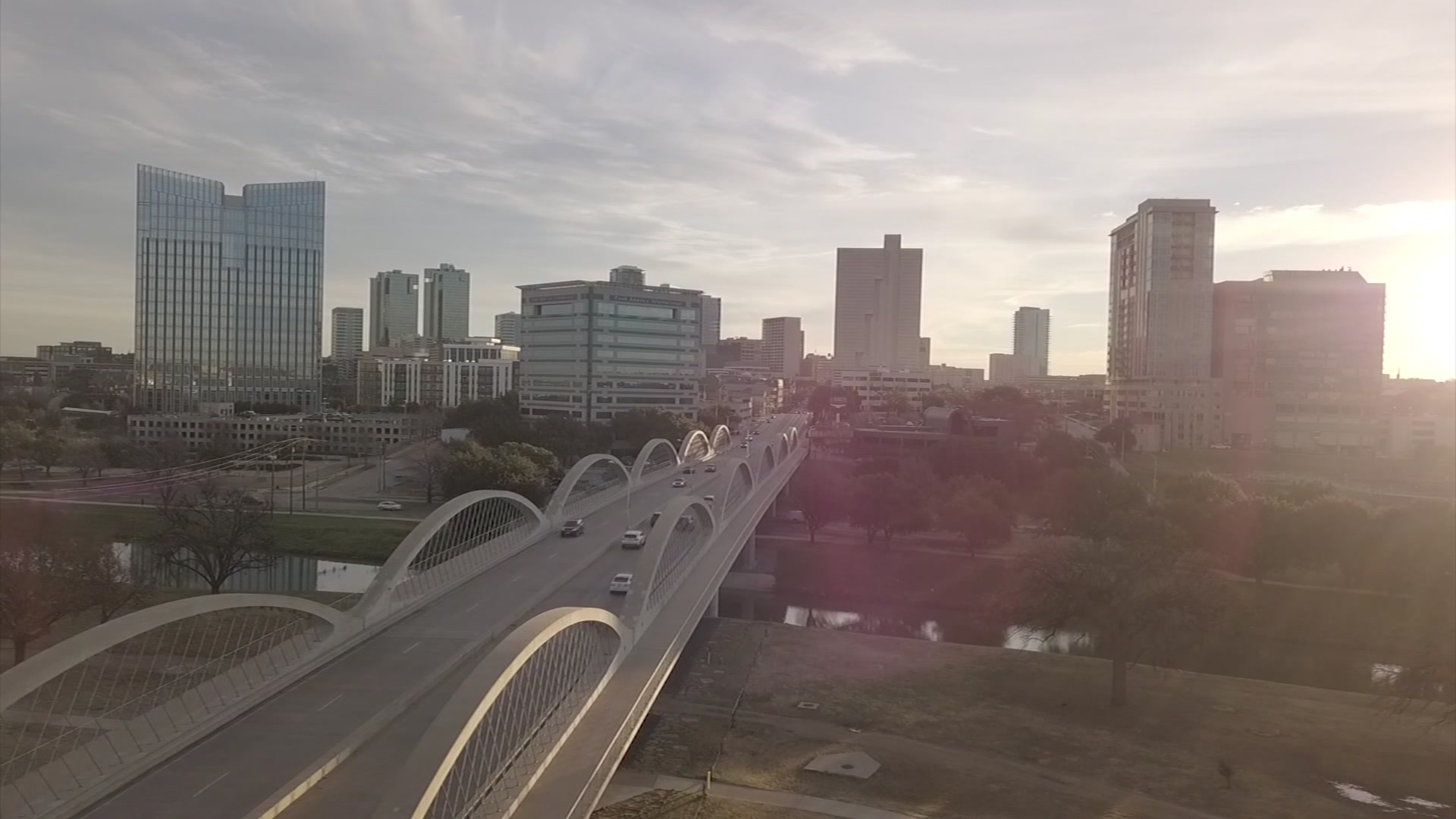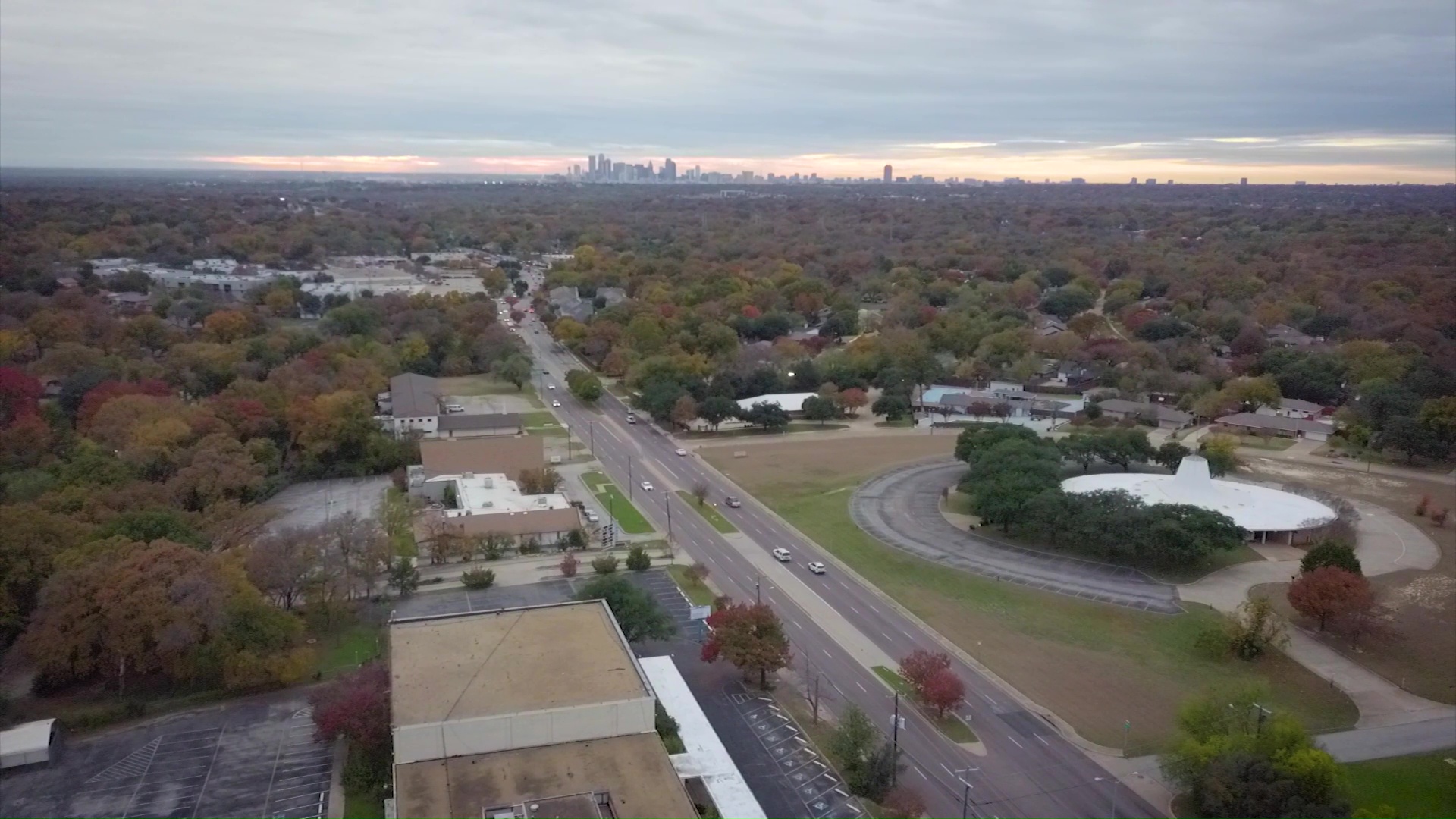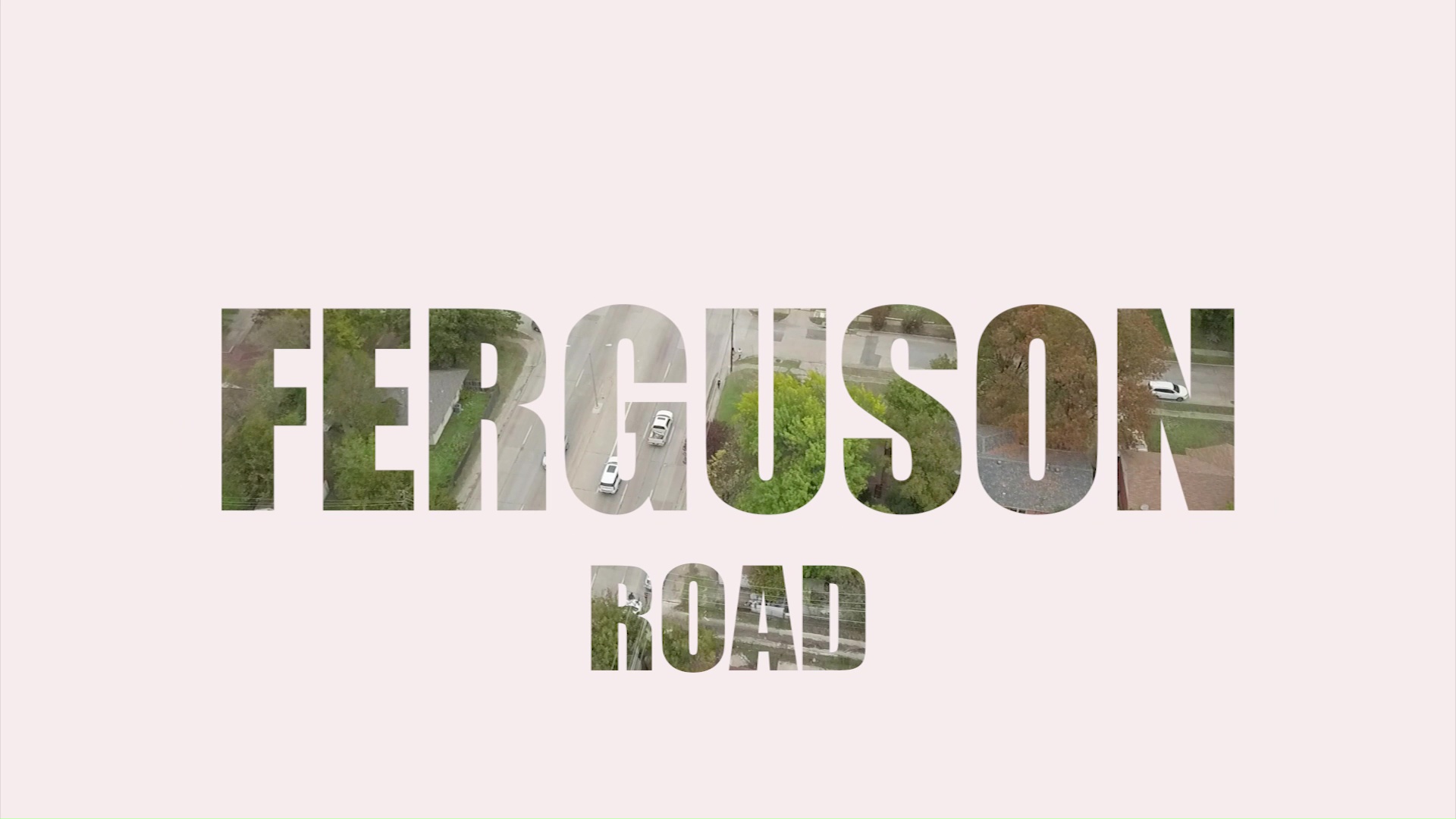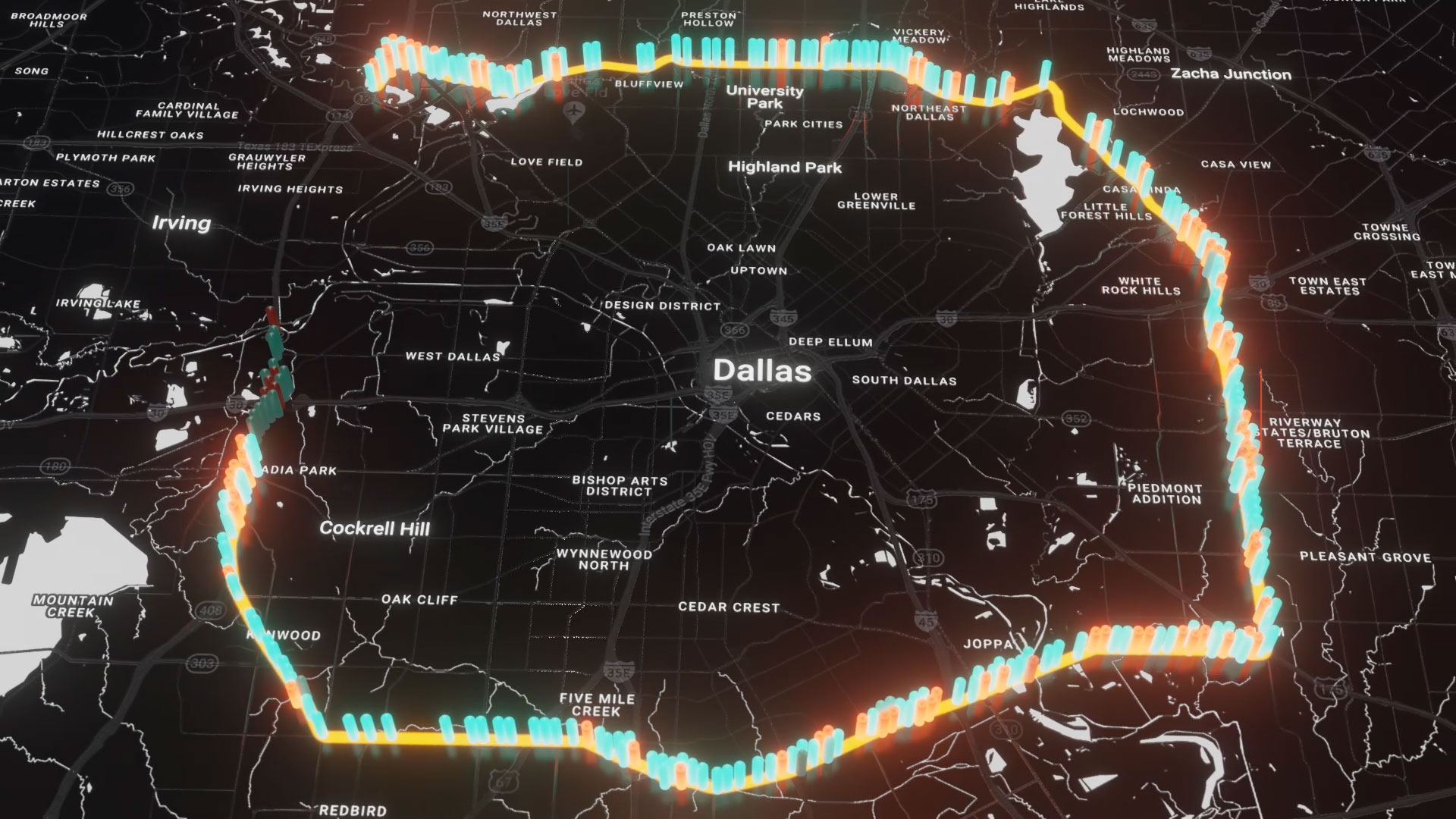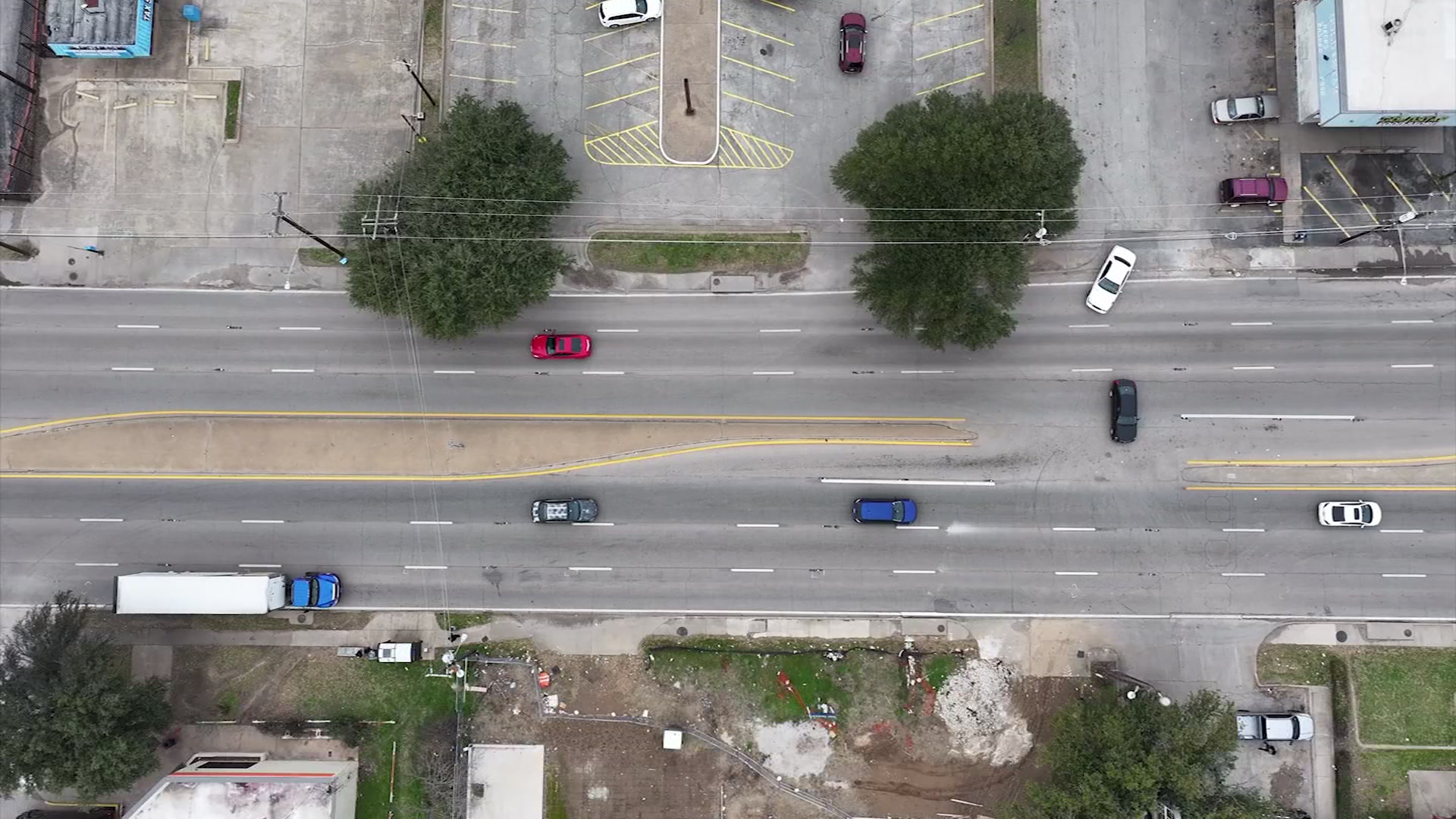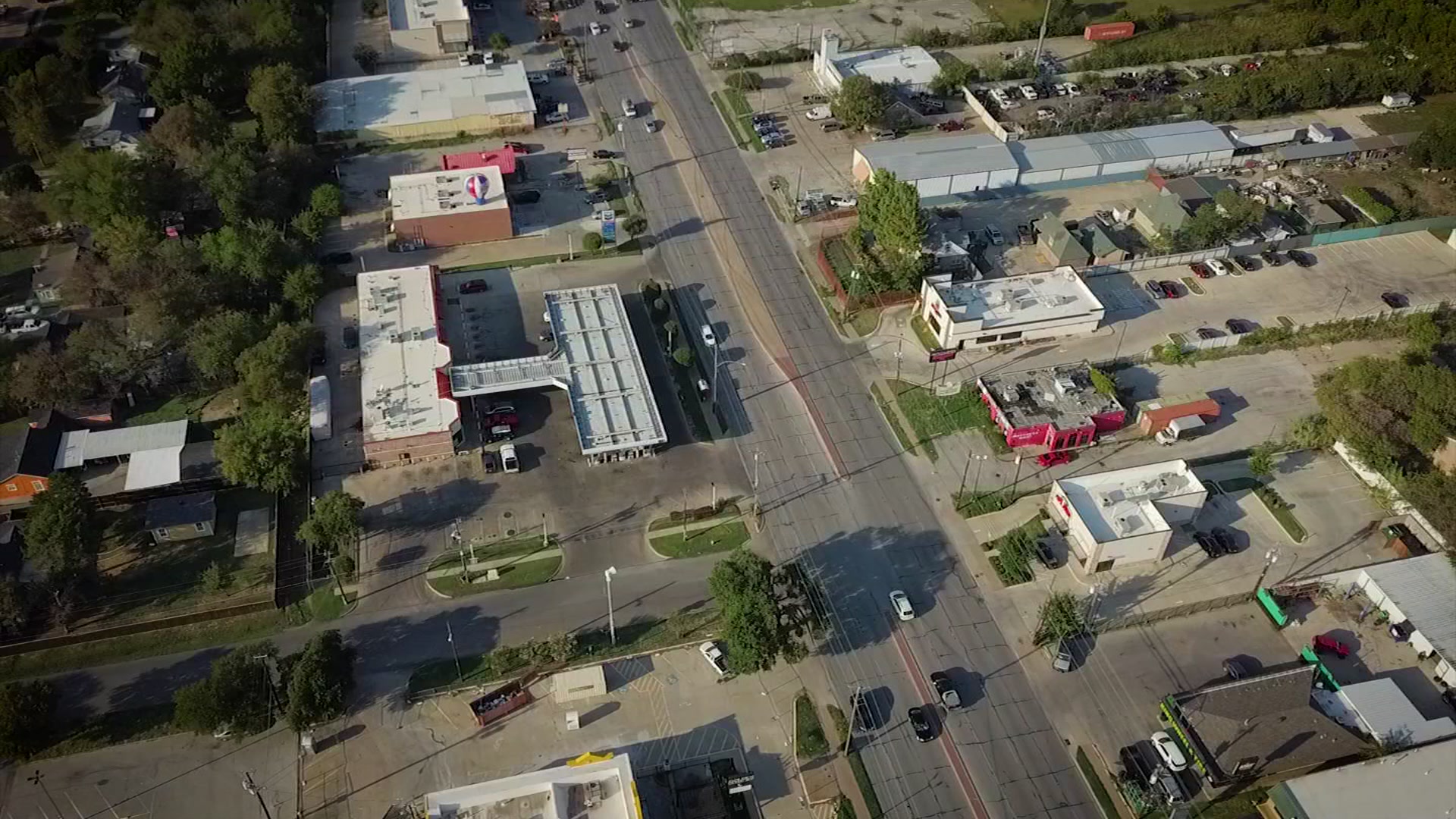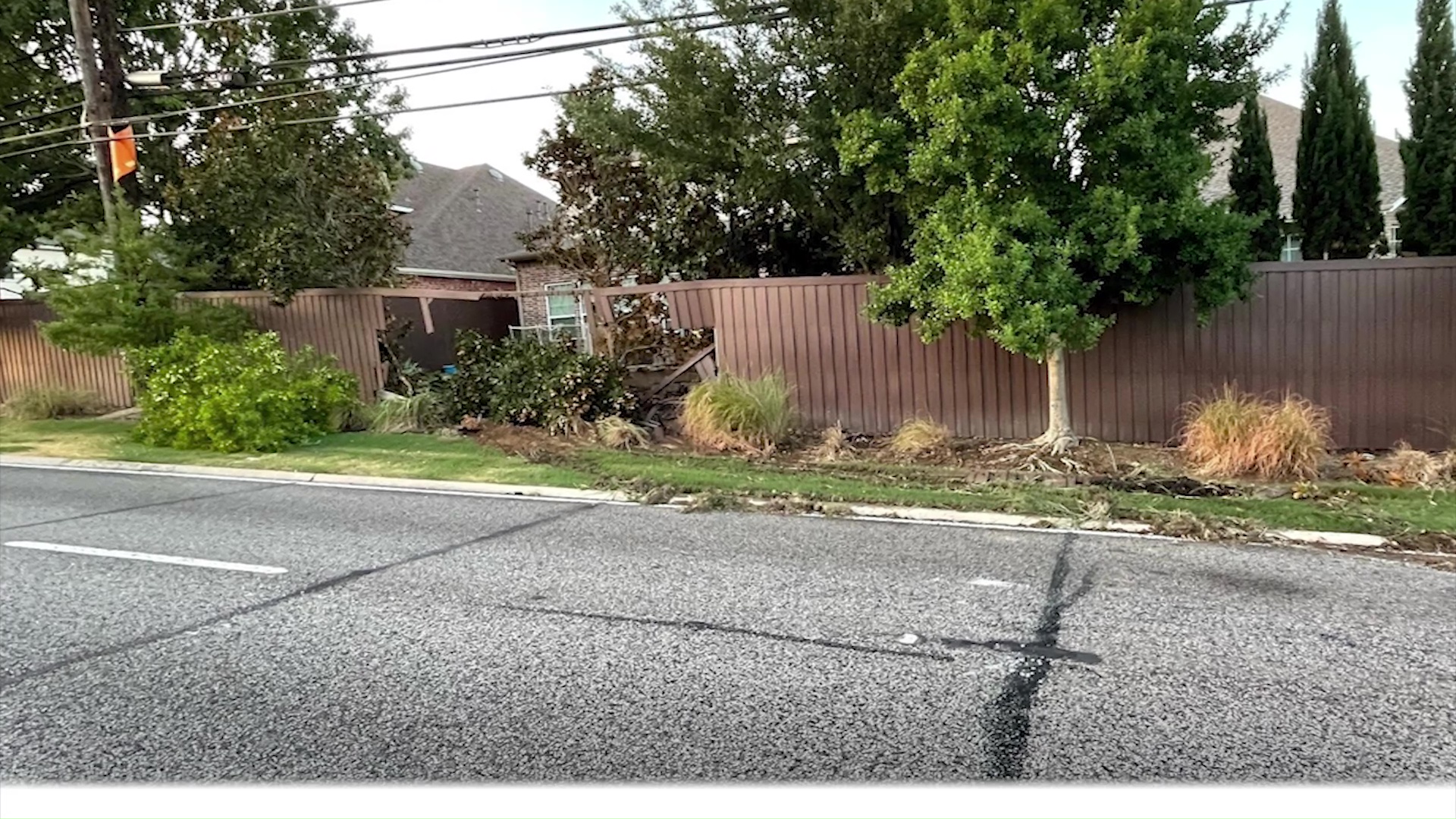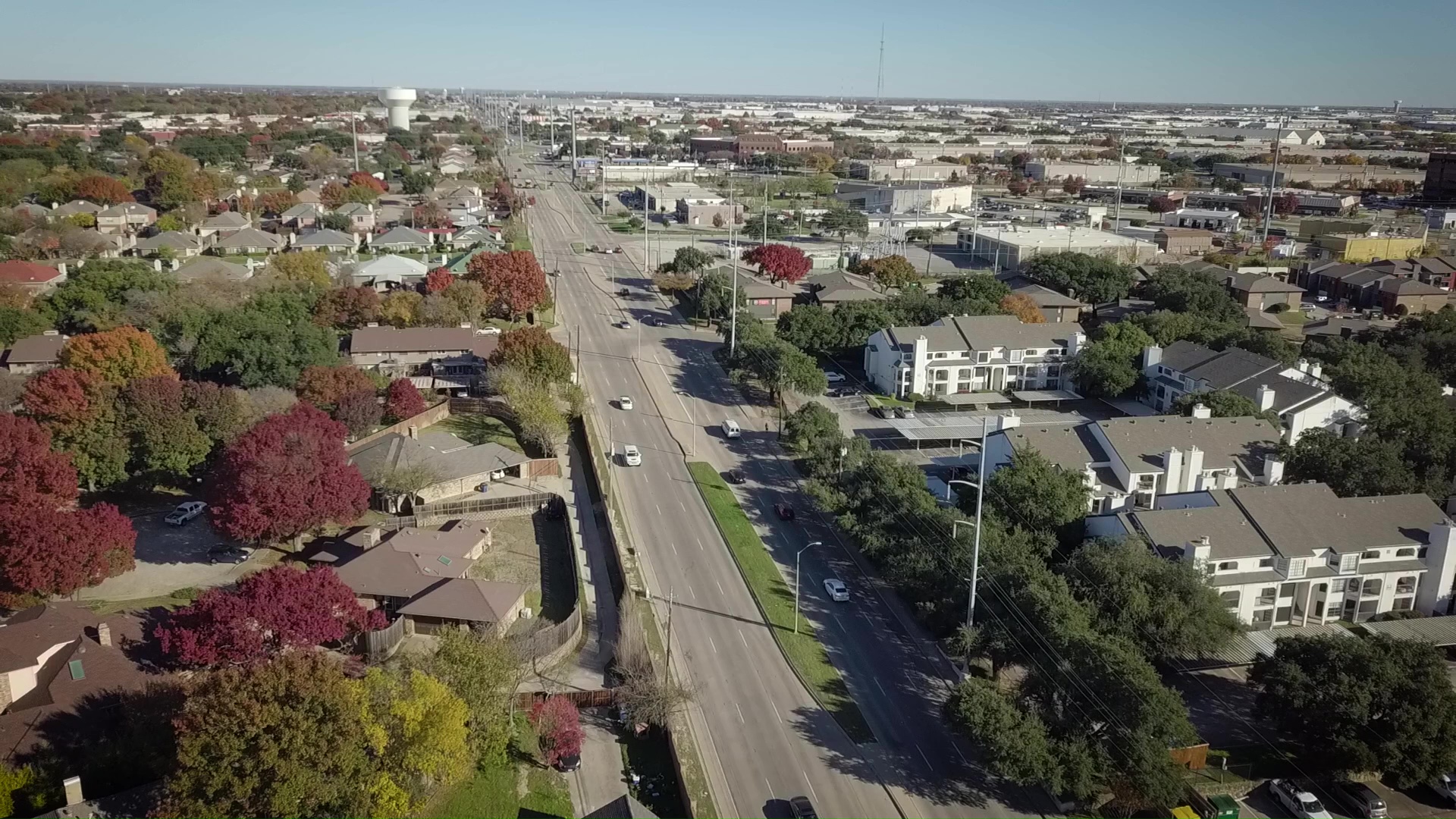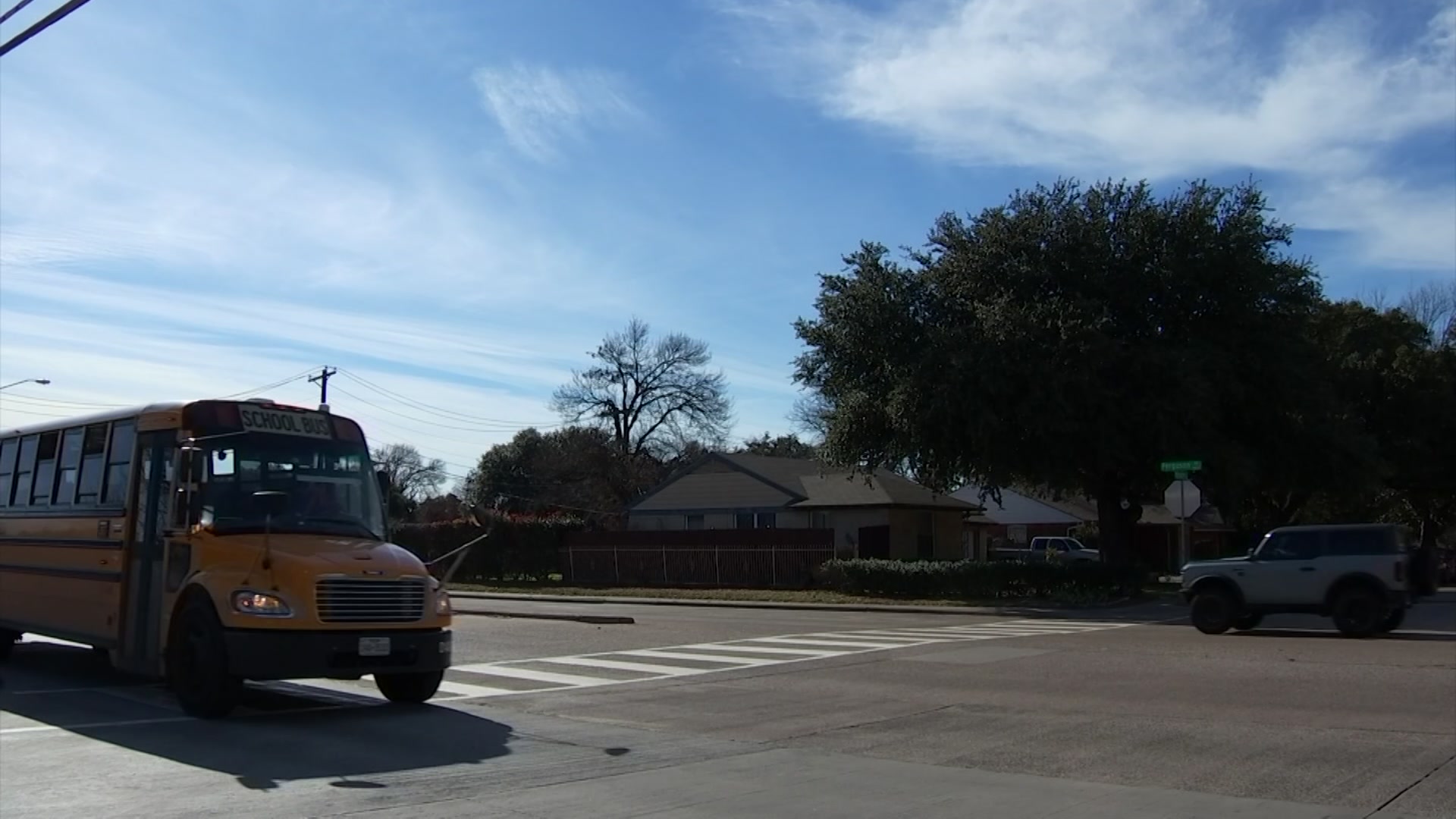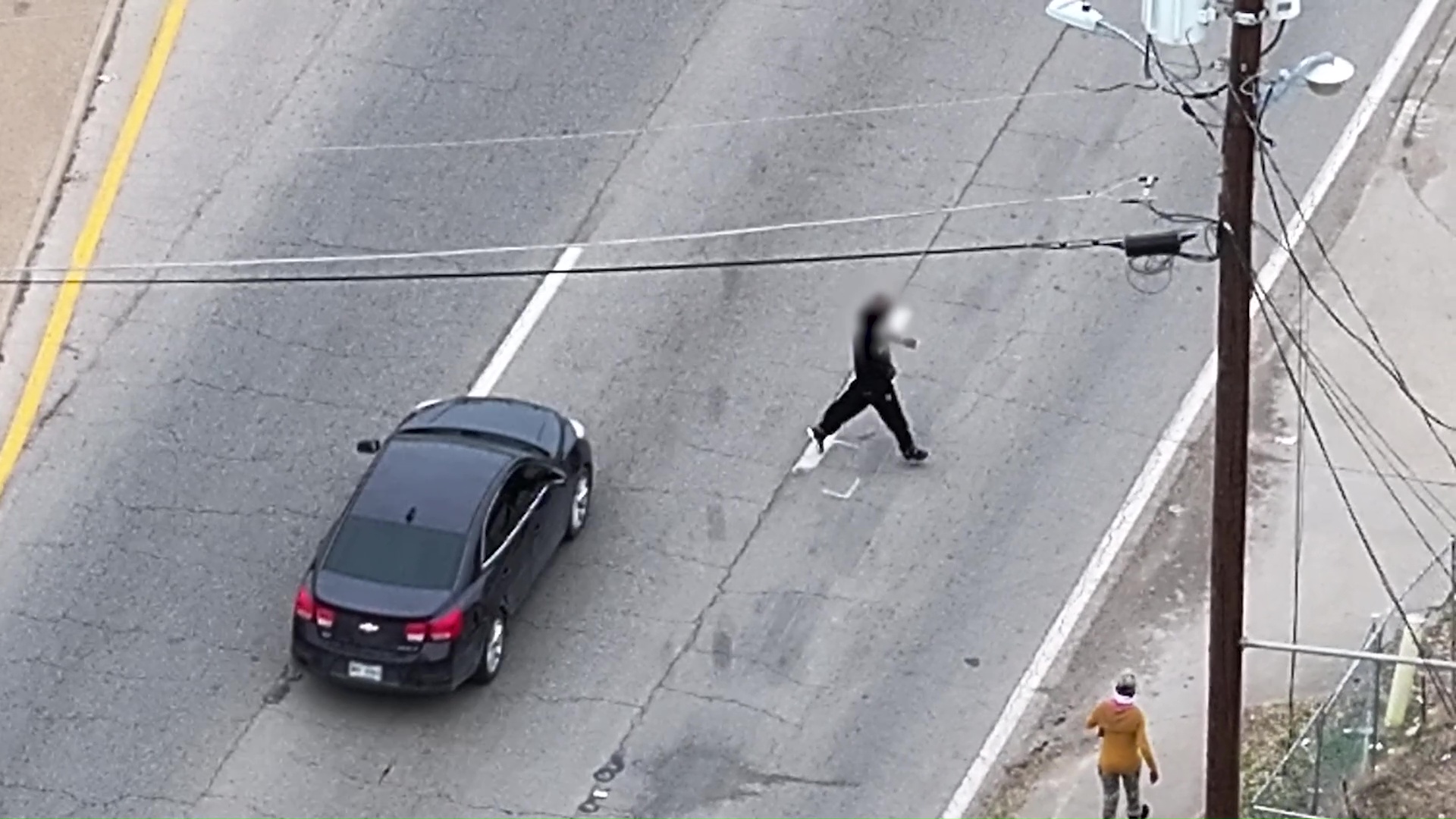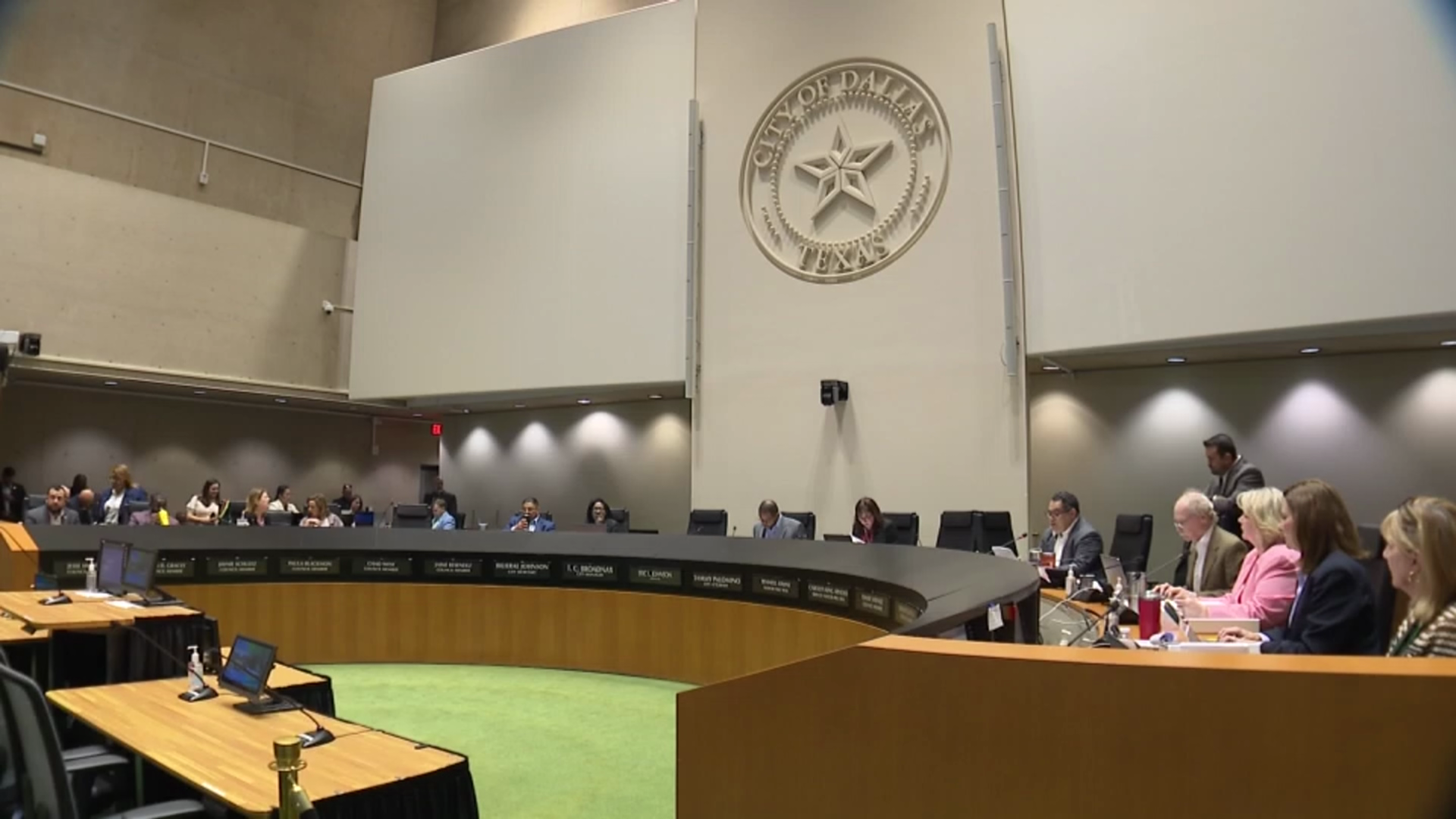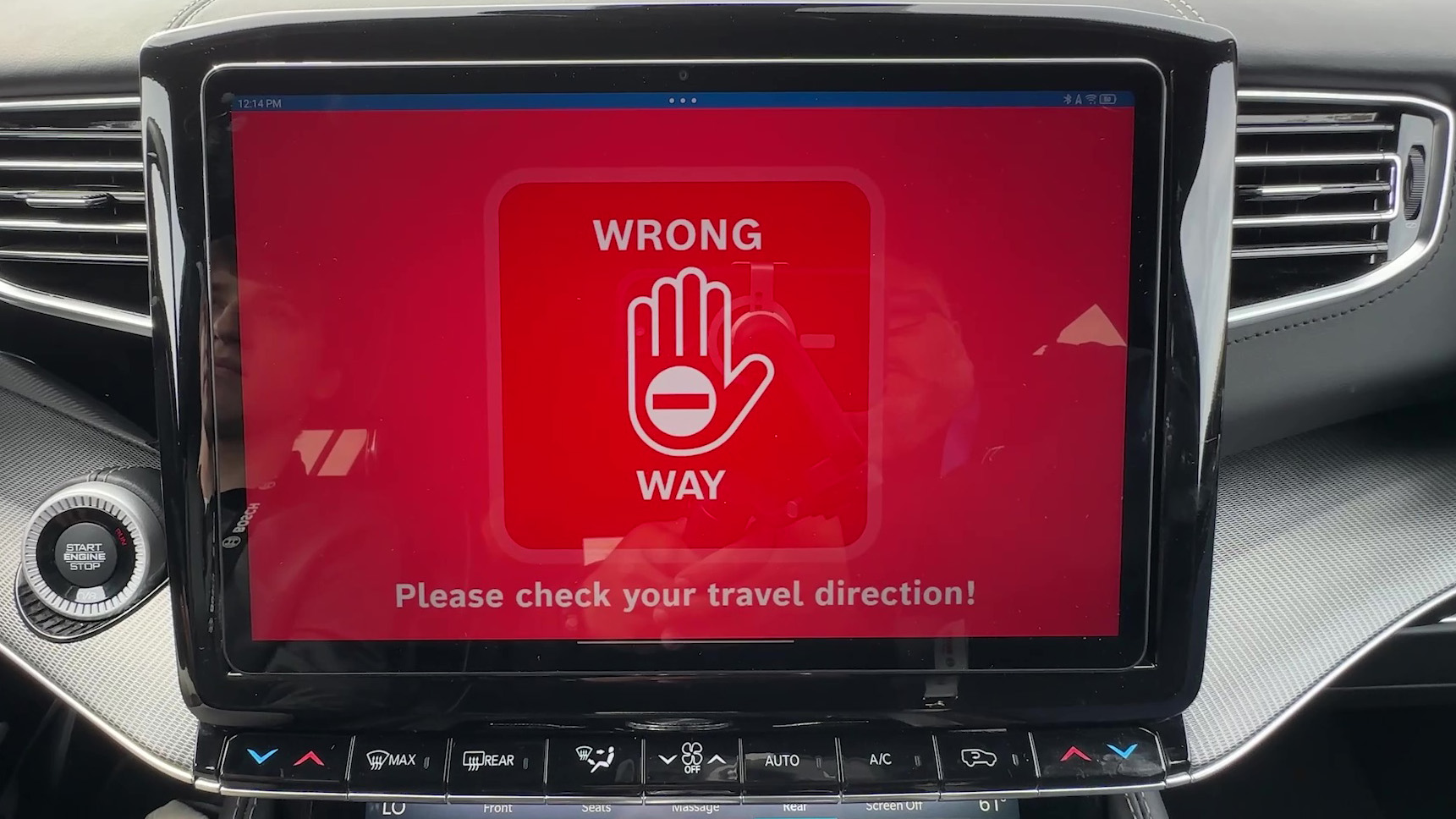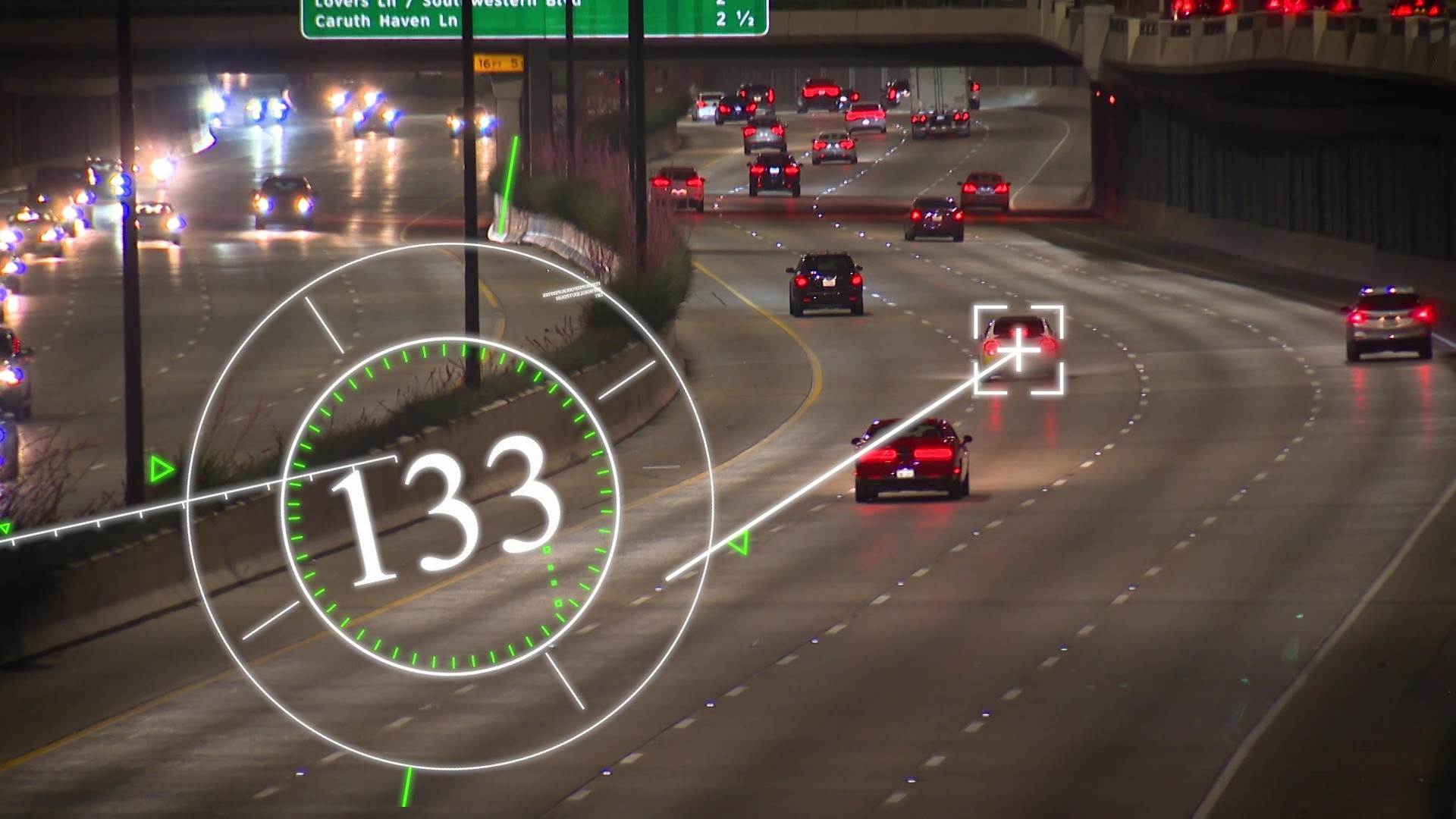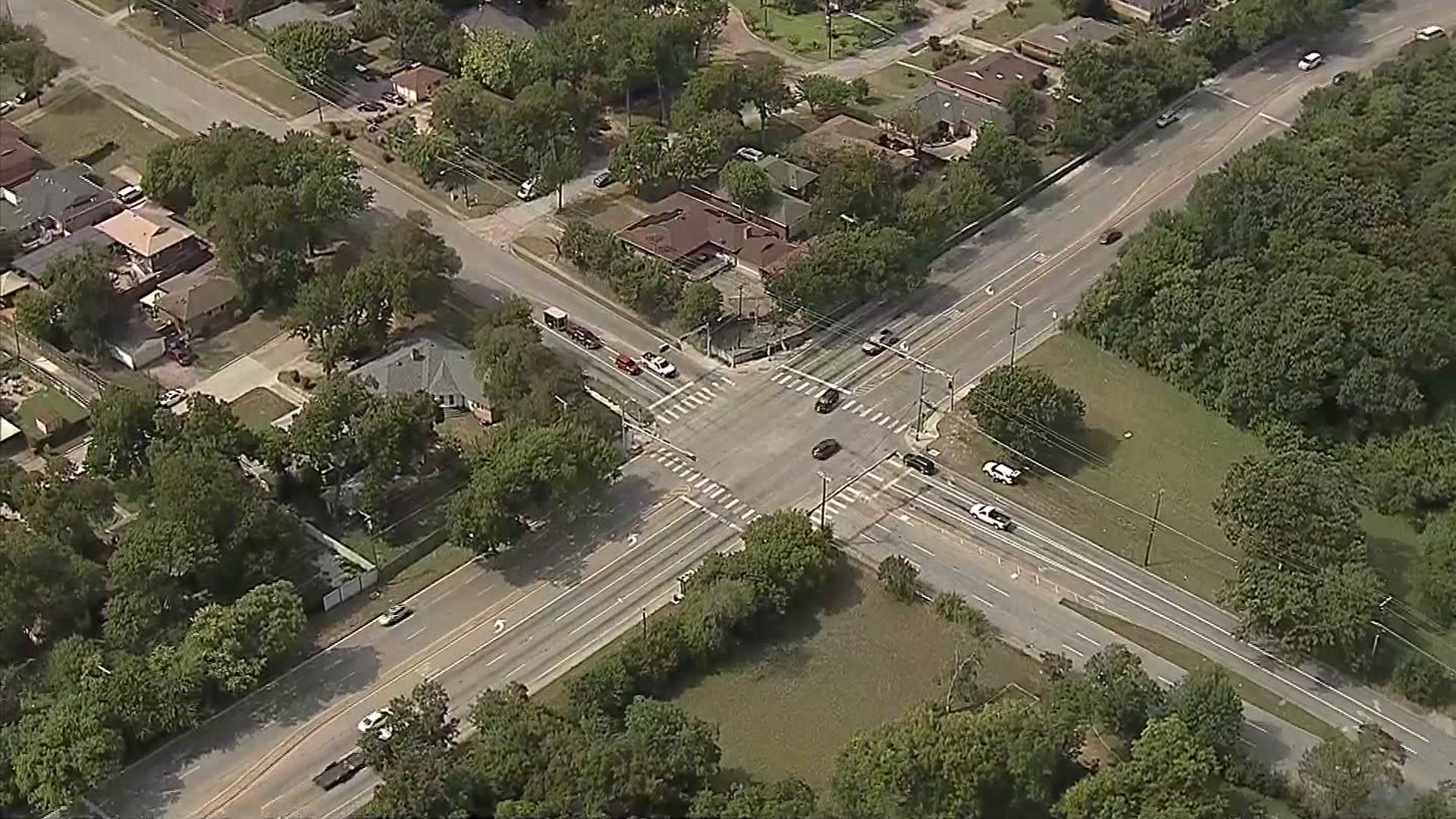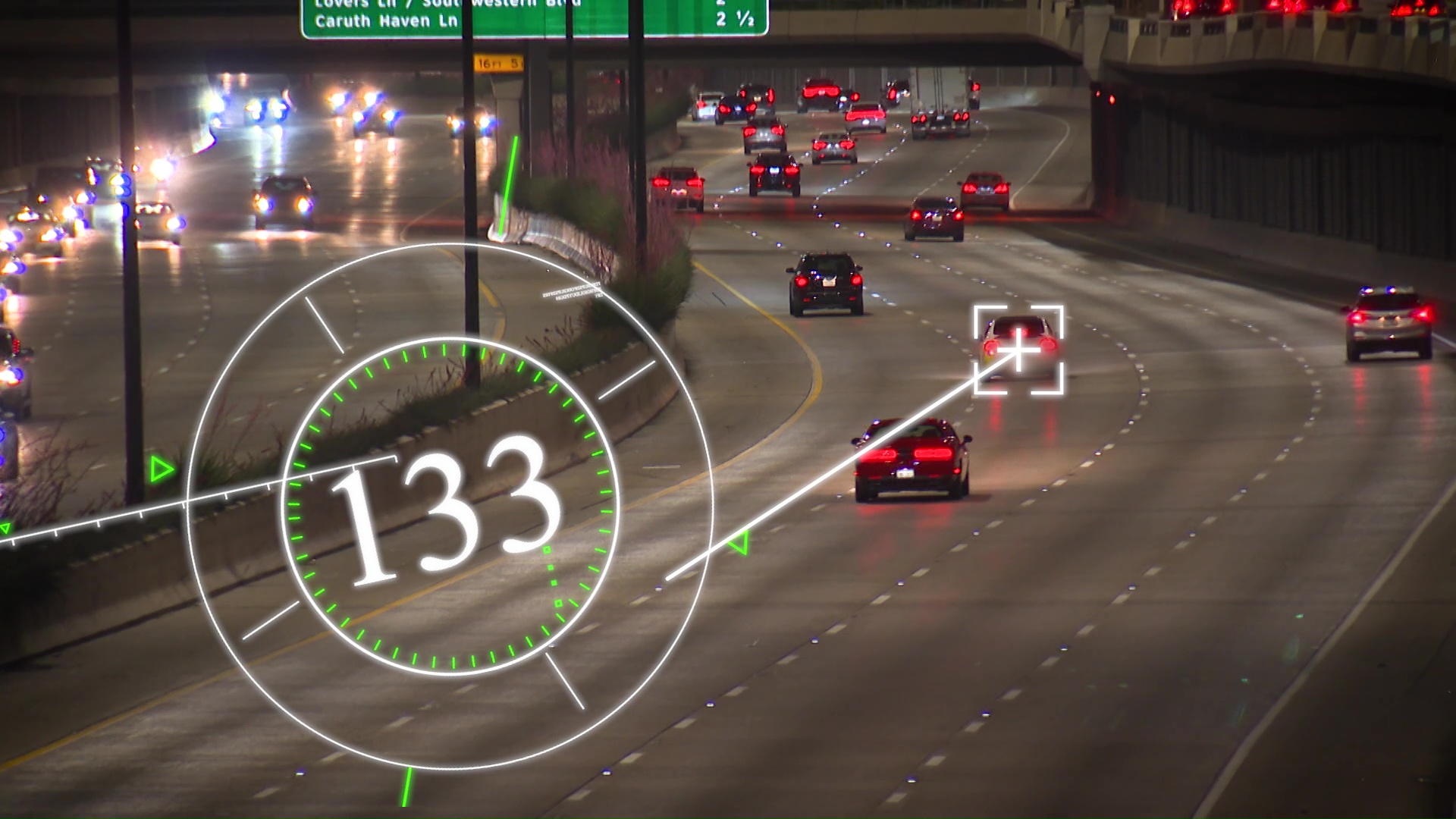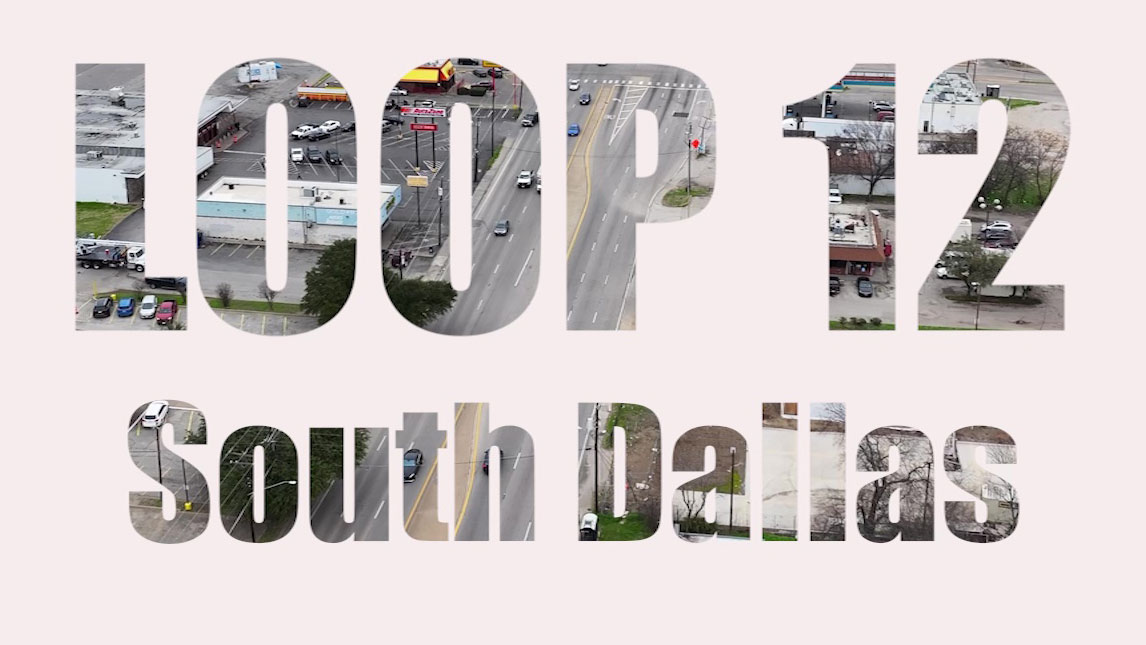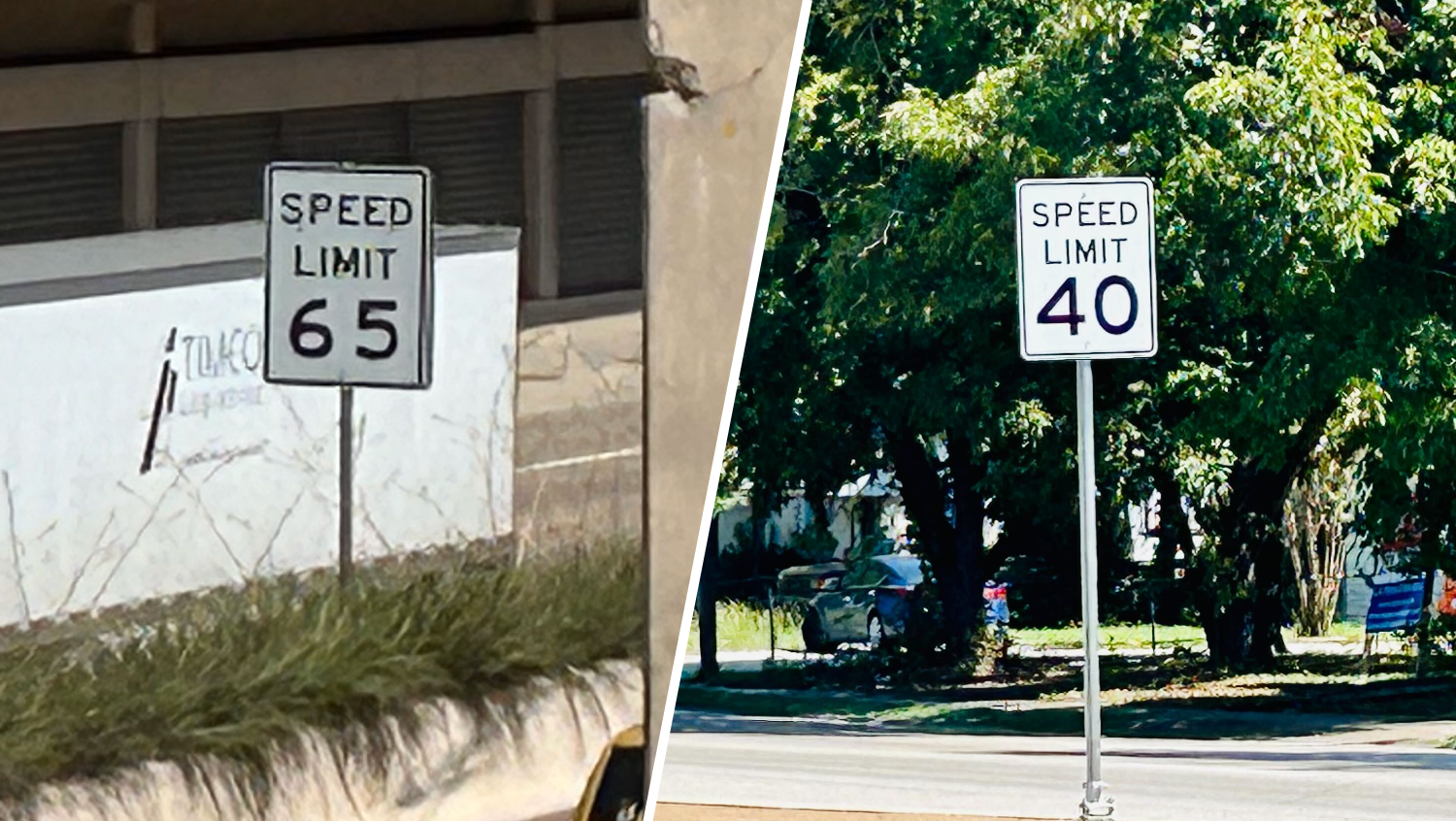Earlier this year, NBC 5 Investigates began looking into excessive speeding along Central Expressway and clocked some drivers going faster than 130 mph. Now, a little further up the road in Collin County, the Allen Police Department is working to take the highway back from extreme speeders, where driving 90 mph seems the new norm.
NBC 5 Investigates got into the car with Allen police officer Andrew Rembert to ride with him along U.S. Highway 75/Central Expressway and Texas 121/Sam Rayburn Tollway.
It didn't take long before Rembert clocked drivers going at least 20 mph over the 70 mph posted speed limit.
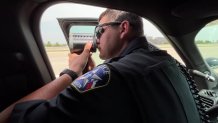
Get top local stories in DFW delivered to you every morning. >Sign up for NBC DFW's News Headlines newsletter.
Rembert said that's only the beginning and that seeing drivers going 100 mph is not uncommon.
Allen Chief of Police Steve Dye launched a major crackdown in May, assigning officers to work overtime on the highways.
"It's out of hand, and we need to do something about it," Dye said.
New data obtained by NBC 5 Investigates shows that in just the first four months of Dye's program, Allen police ticketed 967 drivers, more than one-third of whom were clocked at or above 90 mph.
The data showed that 27 drivers were going faster than 100 mph.
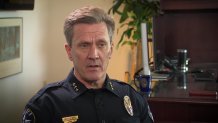
"When you're 30-plus mph over the speed limit, you're a danger to everyone," Dye said.
Earlier this year, NBC 5 Investigates highlighted extreme speeds on another stretch of Central Expressway closer to Downtown Dallas, where some drivers were going well over 120 mph. However, the problem of excessive speeds is not unique to Dallas.
Police across the Metroplex report dangerous speeds are a growing threat.

Police in Arlington shared photos with NBC 5 Investigates showing the race track-level speeds they've recorded. One driver was even going 141 mph.
Police in cities including Allen and Arlington and the Collin County Sheriff's Department are now warning drivers that they will face more than a traffic ticket if they are clocked at triple-digit speeds.
"These folks are going to go to the pokey," said Collin County Sheriff Jim Skinner at a news conference in May announcing his department's participation in the speed crackdown.
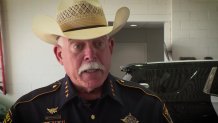
In Allen, Dye also warned drivers who treat the highway like a speedway.
"We're sending the message that we're not going to tolerate that dangerous behavior because the rest of us don't deserve it," Dye said.
The months after Allen police launched extra speed patrols, they reported a 10% drop in injury crashes across the city. Fewer crashes mean safer roads and time and money saved for the city's fire department, which responds to many crashes, often made worse by speed.
"If we can reduce these high speed, high impact crashes, that's beneficial to everyone," said Jonathan Boyd, Allen Fire Chief.
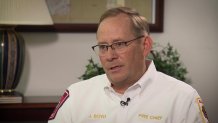
Allen police said the cost of the overtime pay needed to run extra speed patrols is covered by the fines drivers pay, which allows the department to assign more officers to work the highways without reducing the number of officers available to answer calls on city streets.
Across the Metroplex, transportation officials are now promising to pour millions of additional dollars into police departments to help them target speeders.
"It's gotten out of hand," said Michael Morris, transportation director for the North Central Texas Council of Governments.
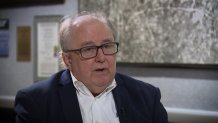
Morris said his agency is ready to help fund more patrols with unmarked cars to help tackle speeds that have soared since the COVID-19 pandemic.
"Our plan is to advertise it in advance. Tell everyone in the world what it is we're going to do, and then bring as much freaking enforcement as we possibly can. So people say these people are serious," said Morris.
Back on the highway in Allen, Rembert stopped another driver doing more than 90 mph. Police hope each stop will help reduce the lives lost on Texas roads.
"So if we can do work to prevent that, that's what we all strive for," Rembert said.
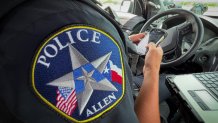
After NBC 5 Investigates reported on extreme speeds on U.S. 75 in Dallas, City Councilman Paul Ridley called on the Texas Department of Transportation to reevaluate the speed limit on Central Expressway. This month, TxDOT and the Dallas City Council announced they would lower the speed limit from 70 mph to 65 mph between Mockingbird Lane and Downtown Dallas.
The lower limit is a first step toward taking the edge off the high speeds driven along that road.
Safety experts admit that a lower speed limit may not be enough of a deterrent for drivers already willing to drive more than 100 mph. They caution road design changes are often more effective at reducing speeds. Still, a lower speed limit will allow police to impose stiffer penalties and arrest extreme speeders at a lower threshold.

